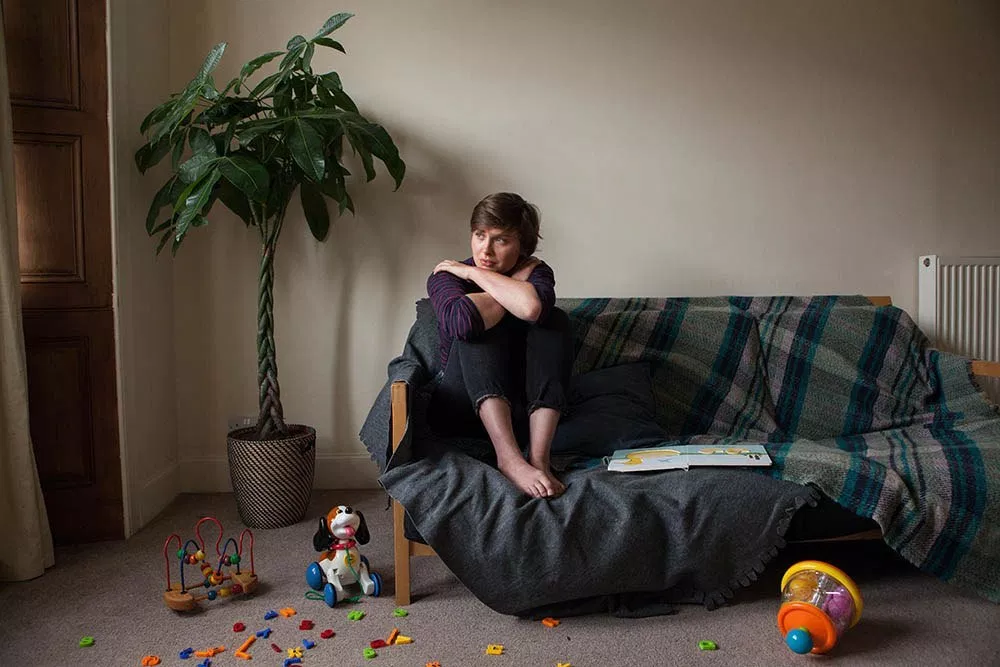Black’s Blog: Violence in the home

Jimmy Black reflects on the domestic abuse provisions in the current Housing (Scotland) Bill, and picks up themes from the latest episode of the SHN podcast which spotlights good practice for landlords.
Families are wonderful until they break down; the equal and opposite reaction to falling in love can be resentment, bitterness and violence. As a former advice worker, MSP caseworker and councillor I’ve found myself trying to support people who have fled their homes and are desperate to find somewhere safe to live.
They may have been offered a flat which is far too close to the abuser’s home, or the abuser’s extended family. It could be they have spotted a flat in a safe area, but the family size is too big and the landlord won’t relax the occupancy rules.
They may have no furniture and no money, because the abuser controls the bank account. And they may face intrusive questioning from official agencies who simply don’t believe their story and think they are playing the system.
Generally, the recommended approach to threatened homelessness is to find a way of keeping people in their own homes. For people suffering physical violence or emotional abuse within their homes, that’s a dangerous strategy. Offering mediation can also be dangerous.
The Housing (Scotland) Bill should in theory help to ensure that frontline staff in social housing are well equipped to deal with situations of domestic abuse, because every social landlord will be required to have a “domestic abuse policy” with a view to preventing homelessness.
The Bill does not prescribe much in the way of detail about what that policy should include, but plenty of information already exists. In 2019 agencies including CIH, SFHA, Scottish Women’s Aid, Shelter and ALACHO produced Domestic Abuse – Good Practice Guidelines for Social Landlords, and more guidance can be found on their websites.
The drafters of the Bill also recognise that tenancy law can create difficulties when the abusive partner has the tenancy. Legislation already exists to enable landlords to take a tenancy away from abusers, in the form of section 22 of the Domestic Abuse (Protection) (Scotland) Act 2021. But this provision is listed as “prospective” … in other words, it has not yet come into force.
The new Bill doesn’t deal with that, but it does offer a way for joint tenants to bring a tenancy to an end, without the consent of the other joint tenant. That means the person who leaves will no longer have to pay rent on a house he or she can no longer occupy.
The latest Scottish Housing News Podcast features some of the excellent work done by Berwickshire Housing Association and their partners in the Borders Housing Network. BHA chief executive Michelle Meldrum explains her association’s domestic abuse policy, Eileen McMullan from SFHA looks at the broader policy context and Sophie Berry from Govan Law Centre looks at legal remedies and describes situations women face when trying to enforce their legal rights.
A transcript of this episode is available here.
Further reading:
- CIH Scotland and Scottish Women’s Aid ‘Policies Not Promises’ report
- CIH Scotland domestic abuse knowledge hub
- Social Landlords Good Practice Guide
- SafeLives knowledge hub
The Scottish Housing News Podcast is co-hosted by Kieran Findlay and Jimmy Black. All episodes are available here as well as on the following platforms:










